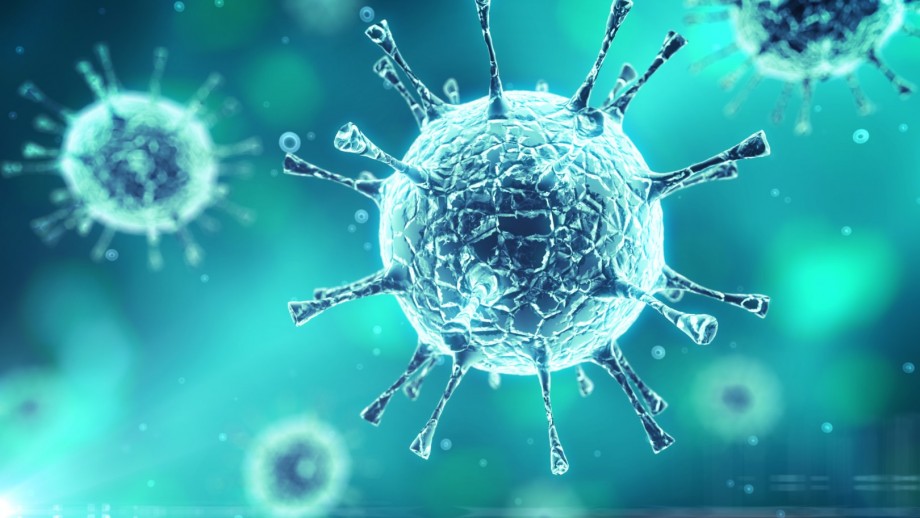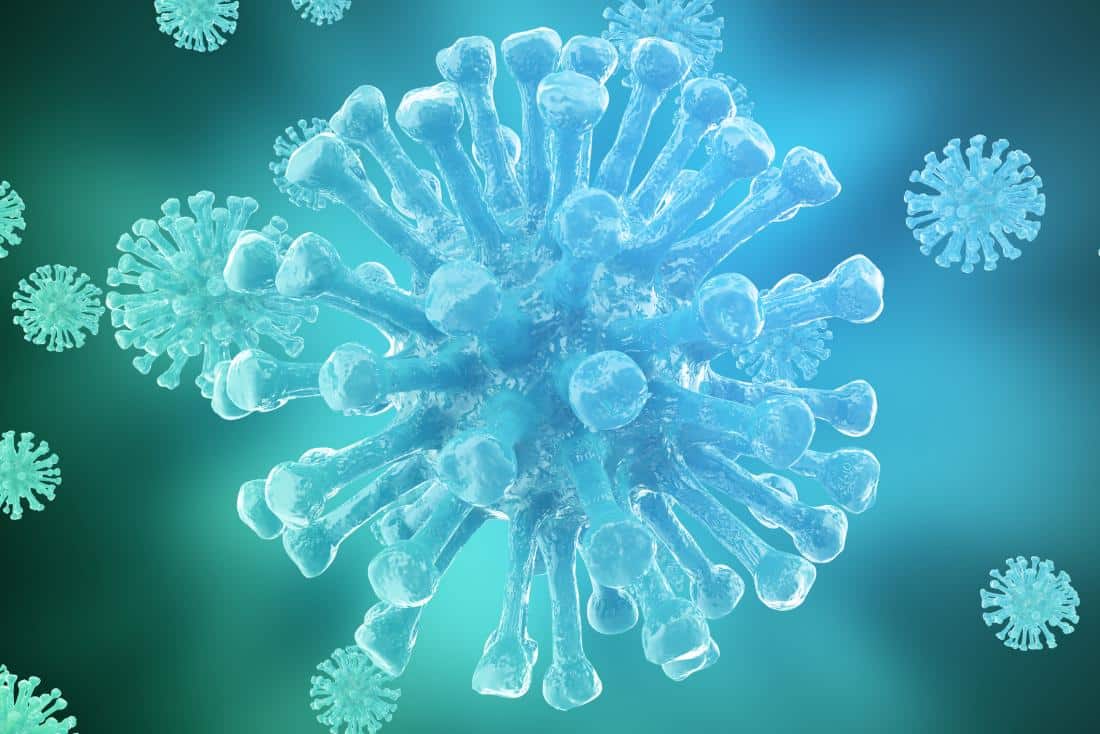History Of Immunology
Immune function is a critical element of maintenance effort, and since resources are limited, trade-offs are expected between investment in maintenance and other important life-history functions involving growth and reproduction. An adaptationist, life-history perspective helps make sense of the individual developmental trajectory of immune tissues and indicates that this compound system is designed to include knowledge from the surrounding ecology to guide its growth. As a result, there is substantial population variation in immune development and function that is not considered by current biomedical advances.
In an effort to construct a framework for explaining this variation, immune development is considered in relation to the competing life-history needs that define gestation, infancy, childhood, adolescence, and adulthood.
Each life stage poses a different set of adaptive tests, and a series of hypotheses are proposed regarding their plans for immune development and function.
Research in human environmental immunology is in its initial stages, but this is a promising area of investigation and one in which anthropology is well placed to make significant contributions.
Study of human immune function has proliferated in the past 25 years, leading to fundamental penetrations into basic physiology, as well as procedures for the interception and immune disorder treatment of a wide range of diseases.
The complexity of the immune system is daunting, and modern biomedical research develops this complexity by concentrating almost exclusively on cellular- and molecular-level manners.
The majority of this research uses animal models, with human research members drawn originally from clinical settings.
Mutual population-based research in international health has celebrated consistent, bidirectional associations between under nutrition and infectious morbidity, sparking interest in immunocompetence as a potentially important mediator.
The importance of these contributions should not be overlooked, but something is needing. Human physiological systems are products of natural selection, designed to develop and function in whole organisms that are integral elements of surrounding social and physical environments.
The immune system is no exception, and significant insight may be gained from an ecological, adaptationist perspective.
Correspondingly, anthropologists have become increasingly involved in field studies of immunity and their importance to the study of change and human ecology. There are a number of compelling reasons to pursue anthropological research in immunology.
High global rates of infectious disease (particularly in many populations of anthropological interest) immediately come to mind as a main selective force, and as a major public health burden.
Although immune methods protect against infectious disease and unusual forms of cancer, they also contribute to allergy, asthma, and autoimmune disease, as well as the pathophysiology of cardiovascular illness.
Populations differ in their risk for these diseases, and an anthropological perspective on immunity may shed some light as to why.
Besides, anthropologists have played a pivotal role in demonstrating the relevance of cultural and ecological contexts to variation in developmental and health outcomes.
Often these outcomes serve as proxies for underlying physiological processes, and many scholars have called for increased attention to the specific mechanisms that link contexts to issues. The immune system represents such a mechanism.
It also presents a chance to further your understanding of development, plasticity, and adaptation: central +ideas for biological anthropology.
As a result, there is substantial population variation in immune development and function that is not considered by current biomedical advances.
In an effort to construct a framework for explaining this variation, immune development is considered in relation to the competing life-history needs that define gestation, infancy, childhood, adolescence, and adulthood.
Each life stage poses a different set of adaptive tests, and a series of hypotheses are proposed regarding their plans for immune development and function.
Research in human environmental immunology is in its initial stages, but this is a promising area of investigation and one in which anthropology is well placed to make significant contributions.
Study of human immune function has proliferated in the past 25 years, leading to fundamental penetrations into basic physiology, as well as procedures for the interception and immune disorder treatment of a wide range of diseases.
The complexity of the immune system is daunting, and modern biomedical research develops this complexity by concentrating almost exclusively on cellular- and molecular-level manners.
The majority of this research uses animal models, with human research members drawn originally from clinical settings.
Mutual population-based research in international health has celebrated consistent, bidirectional associations between under nutrition and infectious morbidity, sparking interest in immunocompetence as a potentially important mediator.
The importance of these contributions should not be overlooked, but something is needing. Human physiological systems are products of natural selection, designed to develop and function in whole organisms that are integral elements of surrounding social and physical environments.
The immune system is no exception, and significant insight may be gained from an ecological, adaptationist perspective.
Correspondingly, anthropologists have become increasingly involved in field studies of immunity and their importance to the study of change and human ecology. There are a number of compelling reasons to pursue anthropological research in immunology.
High global rates of infectious disease (particularly in many populations of anthropological interest) immediately come to mind as a main selective force, and as a major public health burden.
Although immune methods protect against infectious disease and unusual forms of cancer, they also contribute to allergy, asthma, and autoimmune disease, as well as the pathophysiology of cardiovascular illness.
Populations differ in their risk for these diseases, and an anthropological perspective on immunity may shed some light as to why.
Besides, anthropologists have played a pivotal role in demonstrating the relevance of cultural and ecological contexts to variation in developmental and health outcomes.
Often these outcomes serve as proxies for underlying physiological processes, and many scholars have called for increased attention to the specific mechanisms that link contexts to issues. The immune system represents such a mechanism.
It also presents a chance to further your understanding of development, plasticity, and adaptation: central +ideas for biological anthropology.
 The immune system describes such a mechanism. It also presents a chance to further your understanding of development, plasticity, and adaptation: central +ideas for biological anthropology.
The main objective of this paper is to bring awareness to the potential increase of a population-based, ecological, adaptationist approach to the investigation of human immune function.
The importance of immunogenetic perspectives is recognized but is beyond the scope of this review.
Rather, thoughts from life-history theory are exercised as an organizing framework to highlight the major objections and demands that are likely to shape immune function in a range of environmental contexts.
The approach is also unambiguously developmental, with a specific discussion of the immunological difficulties and life-history trade-offs confronting humans at major life stages from gestation through senescence assumed that means are limited, and that energy is allocated to three basic life functions: increase, reproduction, and maintenance.
Excess resources can also be invested in storage for future use. According to the “allocation rule,” these functions are mutually exclusive, with resources invested in one no higher available for use in another.
In a world with unlimited resources, the optimal life-history strategy would be to start reproducing at birth and to continue reproducing at a high rate for an infinite lifespan (Partridge and Harvey, 1988).
Obviously, physiological and ecological constraints make such a strategy difficult, and instead, the organism attempts to allocate its limited resources in the context of these constraints in order to maximize reproductive value.
A consideration of trade-offs is therefore central to the life-history approach. These trade-offs can be encoded at several levels: genetically, as the result of natural selection; developmentally, as the phenotype responds adaptively to new environments within a limited range of plasticity; or more directly, with short-term responsiveness to shifting environmental demands (Lasker, 1969).
The lines dividing these levels of adaptation are not hard and fast, and all three are likely to operate concerning setting up the trade-offs associated with human immune function.
The immune system describes such a mechanism. It also presents a chance to further your understanding of development, plasticity, and adaptation: central +ideas for biological anthropology.
The main objective of this paper is to bring awareness to the potential increase of a population-based, ecological, adaptationist approach to the investigation of human immune function.
The importance of immunogenetic perspectives is recognized but is beyond the scope of this review.
Rather, thoughts from life-history theory are exercised as an organizing framework to highlight the major objections and demands that are likely to shape immune function in a range of environmental contexts.
The approach is also unambiguously developmental, with a specific discussion of the immunological difficulties and life-history trade-offs confronting humans at major life stages from gestation through senescence assumed that means are limited, and that energy is allocated to three basic life functions: increase, reproduction, and maintenance.
Excess resources can also be invested in storage for future use. According to the “allocation rule,” these functions are mutually exclusive, with resources invested in one no higher available for use in another.
In a world with unlimited resources, the optimal life-history strategy would be to start reproducing at birth and to continue reproducing at a high rate for an infinite lifespan (Partridge and Harvey, 1988).
Obviously, physiological and ecological constraints make such a strategy difficult, and instead, the organism attempts to allocate its limited resources in the context of these constraints in order to maximize reproductive value.
A consideration of trade-offs is therefore central to the life-history approach. These trade-offs can be encoded at several levels: genetically, as the result of natural selection; developmentally, as the phenotype responds adaptively to new environments within a limited range of plasticity; or more directly, with short-term responsiveness to shifting environmental demands (Lasker, 1969).
The lines dividing these levels of adaptation are not hard and fast, and all three are likely to operate concerning setting up the trade-offs associated with human immune function.
 Concerning the purpose of life-history theory to comparisons across human populations, it is generally assumed that people inherit the ability to respond to a range of ecological disciplines within a certain extent of plasticity and that developmental processes.
To know more about your immune system you can click on below links for more information.
Concerning the purpose of life-history theory to comparisons across human populations, it is generally assumed that people inherit the ability to respond to a range of ecological disciplines within a certain extent of plasticity and that developmental processes.
To know more about your immune system you can click on below links for more information.

